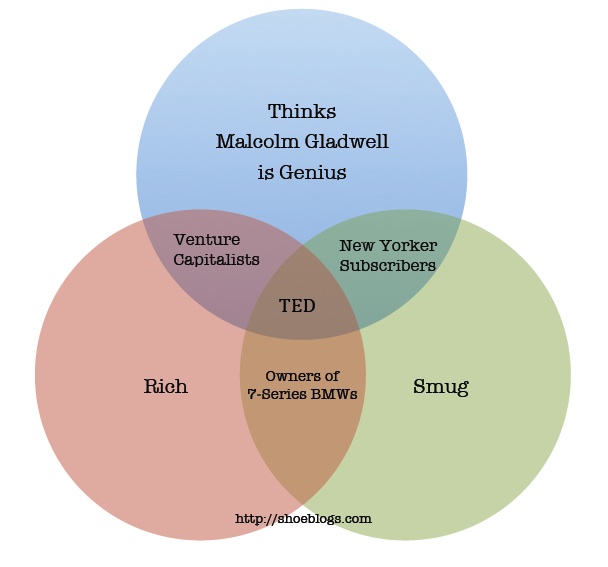Michael Z. Williamson takes a page from the true faithful of global warming and Keynesian economics by attempting to defend what is supposed to pass for science with pure rhetoric:
Watching Creationists criticize evolutionary theory is like watching the Brady Bunch criticize the Heller Decision. It would be cute if they didn’t take themselves so seriously, and pose a serious threat to society.
What I find amusing about this is that I was an evolutionary skeptic long before I was a Christian. And one of the primary reasons I was a skeptic is because as absurd as some of the arguments presented by the creationists struck me, no evolutionist ever demonstrated an ability to address the questions posed to them. Instead, they always – always – attempted to discuss the Book of Genesis, the age of the Earth, Christianity, the public school system, or some other topic totally unrelated to the one at hand.
That is why I am still a skeptic concerning the secularism’s epic myth, despite having read every book ever published by Richard Dawkins, despite having read Wilson, and Gould, and Shermer, and Hauser, and a number of other well-regarded evolutionary popularizers. At this point, it might be more accurate to say I am an evolutionary skeptic because I have read those books and been astounded by the obvious logical flaws, evasions, and handwaving that I have encountered in them.
But since Mike is a Standout Author, and therefore capable of exceeding the customary limitations of discussion point-repeating progressives, I assume he is able to rise above the mere rhetoric and actually defend evolutionary theory. Let’s find out by asking him six simple questions that should be no problem for any man with a solid grasp of the subject.
- How do creationists “pose a serious threat to society”?
- There are an estimated 1,263,186 animal species and 326,175 plant species in the world. Assuming the age of the Earth is 4.54 billion years, what is the average rate of speciation?
- How many mutations, on average, are required per speciation?
- What scientifically significant predictive model relies primarily upon evolution by natural selection?
- Which of the various human sub-species is the most evolved; i.e. modified by mutation and natural selection from the most recent common human ancestor? Which is the least evolved?
- Is the theory of evolution by natural selection strengthened or weakened by the claim that most DNA is devoid of purpose?
And Stickwick, who happens to be both a Christian and a physicist, beat me to showing how Mike’s attempt to tar all religious people as simplistic binary thinkers was not only demonstrably false, but amusingly inept:
One of the (many) major problems with religion is that its followers insist there has to be a right and wrong answer, and only one of each.
2 + X = (more than 5). Solve for X. One answer only, please.
“There is only one answer: X > 3. Every other possible answer is wrong: it’s not X = 3 and it’s not X < 3.
It’s
absurd to point to our limited understanding of nature and say that
since one person had it partially right and someone else had it
partially right, therefore there is more than one answer. You don’t know
that. And you’ll be hard pressed to build a convincing case, let alone
prove, that there is ultimately more than one right answer to something.
Science doesn’t proceed that way. Also, since when have religious
people insisted there is only one wrong answer?”
Mr. Williamson, with all due respect, you don’t appear to realize that you are not only dealing with a number of people here who are smarter than you are, but are also better educated in science than you are. It may help to keep in mind that at Vox Popoli, those who live by the rhetoric tend to die quickly and brutally by the dialectic.
Here the rhetoric is only used to dance on the grave afterward.

